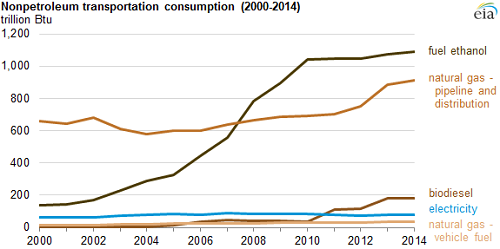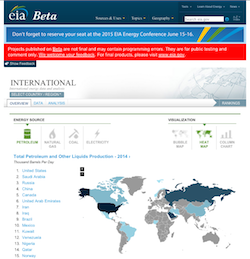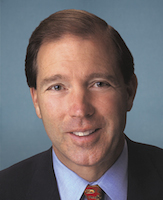Petroleum is still tops in transportation fuels, but biodiesel, ethanol and natural gas have taken the biggest bite out of its share since 1954. This report from the U.S. Energy Information Administration (EIA) says the numbers harken back to when coal-fired steam locomotives were declining and automobile use was growing rapidly.

After nearly 50 years of relative stability at about 4%, the nonpetroleum share started increasing steadily in the mid-2000s, reaching 8.5% in 2014. Of the nonpetroleum fuels used for transportation, fuel ethanol has grown most rapidly in recent years, increasing by nearly one quadrillion British thermal units (Btu) between 2000 and 2014. Nearly all of the ethanol consumed was blended into gasoline in blends of 10% or less, but a small amount was used in vehicles capable of running on higher blends as the availability of those flexible-fuel vehicles grew. Consumption of biodiesel, most of it blended into diesel fuel for use in trucks and buses, grew to more than 180 trillion Btu by 2014.
In 2014, transportation use of natural gas reached a historic high of 946 trillion Btu, 3.5% of all natural gas used in the United States. Transportation natural gas is mostly used in the operation of pipelines, primarily to run compressor stations and to deliver natural gas to consumers. Natural gas used to fuel vehicles, although a much smaller amount, has more than doubled since 2000.










